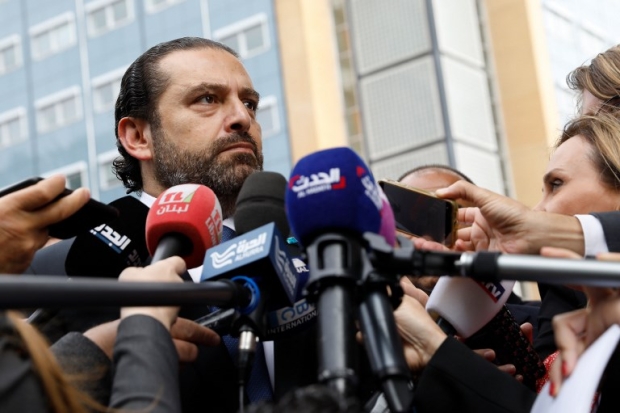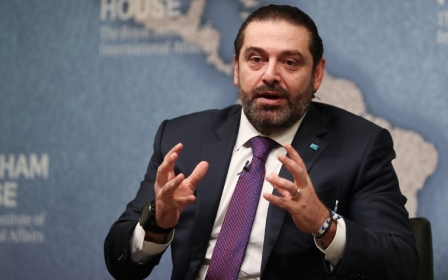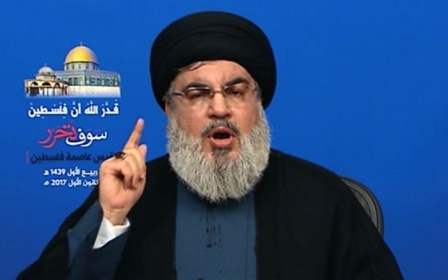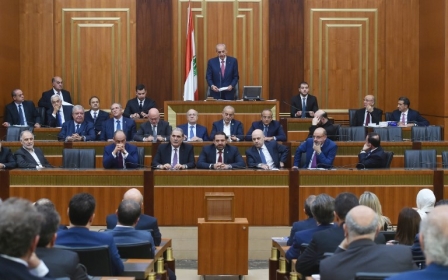Lebanese politicians say new government could be agreed 'within days'
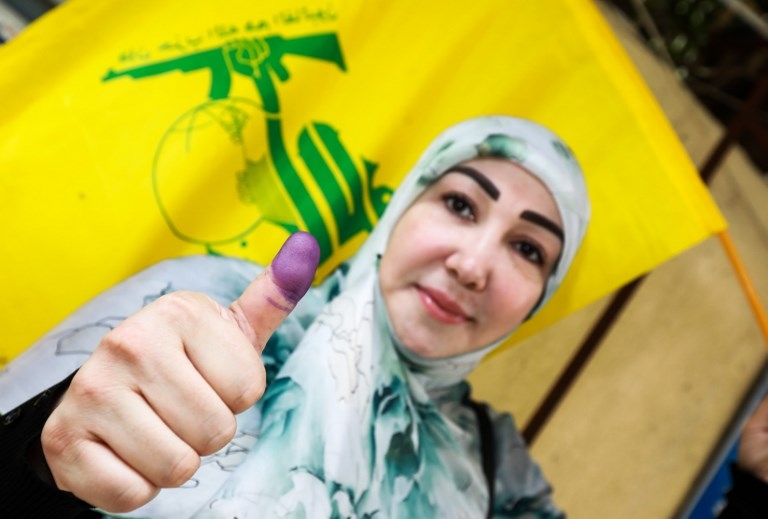
Lebanese politicians have expressed hope that a new government could be formed within days, more than seven months after elections in which losses for Prime Minister Saad Hariri and gains for Hezbollah and its allies shifted the country's political balance.
Hariri, Lebanon's prime minister since 2016, is expected to continue as prime minister in the new administration despite seeing his Saudi-backed Future Movement lose about a third of its seats in May's elections, Lebanon's first in nine years, in which a coalition headed by Hezbollah emerged as the leading parliamentary bloc.
Hezbollah, which is backed by Iran, is reported to have asked for more seats in the cabinet for its Sunni allies in recognition of its electoral gains.
But Reuters reported on Tuesday that Hezbollah's allies might settle for putting forward ministerial candidates acceptable to them, rather than seats in the cabinet themselves, as part of a compromise deal.
On Tuesday, a source close to Hariri told Reuters news agency that there was "reasonable cause for optimism" to expect that a government could be formed within days.
Speaking at the Chatham House think tank in London last week, Hariri said he had "spared no effort" since May to form a national unity government.
"I’m a patient man and I’m willing to wait and find a solution,” he said.
Lebanon's finance minister, Ali Hassan Khalil, also told Hezbollah's al-Manar TV that a government could be formed within days if negotiators continued to make progress.
"Matters in the government file are moving in a positive direction. If the situation continues with this positivity we will have a new government within a few days," said Khalil.
Qassem Hashem, one of the Hezbollah-aligned Sunni MPs, also said he anticipated an imminent deal.
Under the reported compromise deal, a Sunni minister approved by Hezbollah's allies would be allocated a cabinet post among a group of ministers named by President Michal Aoun's Free Patriotic Movement.
Earlier this month Aoun said he was intervening in the deadlocked negotiations and warned that Lebanon faced a "catastrophe" if a deal could not be agreed because of the country's dire financial circumstances which require it to seek international aid.
The formation of a new government is necessary before any moves can be made towards fiscal reforms demanded by the International Monetary Fund in June in return for access to loans.
“The risks are greater than we can bear,” he said.
“We are launching an initiative ... and it has to succeed, because if it doesn’t ... there is a catastrophe, we want to say it with all frankness, and this is the reason for my intervention.”
“Let me tell you - we didn’t do a good job between 2005 and 2016. We did exactly the opposite of what should have been done. We should have sat down and talked to each other regardless of our differences," he said.
"But now I think we know what we’re doing. We know how to move forward; we have a plan.”
In the wake of a devastating 15-year sectarian civil war that ended in 1990, Lebanon implemented an agreement ensuring a balance of power between the country's Christian, Sunni and Shia communities - a balance that has remained one of the paramount considerations of the political system since.
New MEE newsletter: Jerusalem Dispatch
Sign up to get the latest insights and analysis on Israel-Palestine, alongside Turkey Unpacked and other MEE newsletters
Middle East Eye delivers independent and unrivalled coverage and analysis of the Middle East, North Africa and beyond. To learn more about republishing this content and the associated fees, please fill out this form. More about MEE can be found here.


